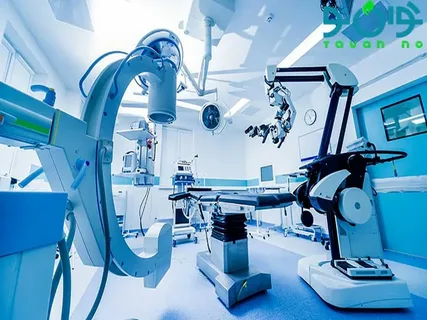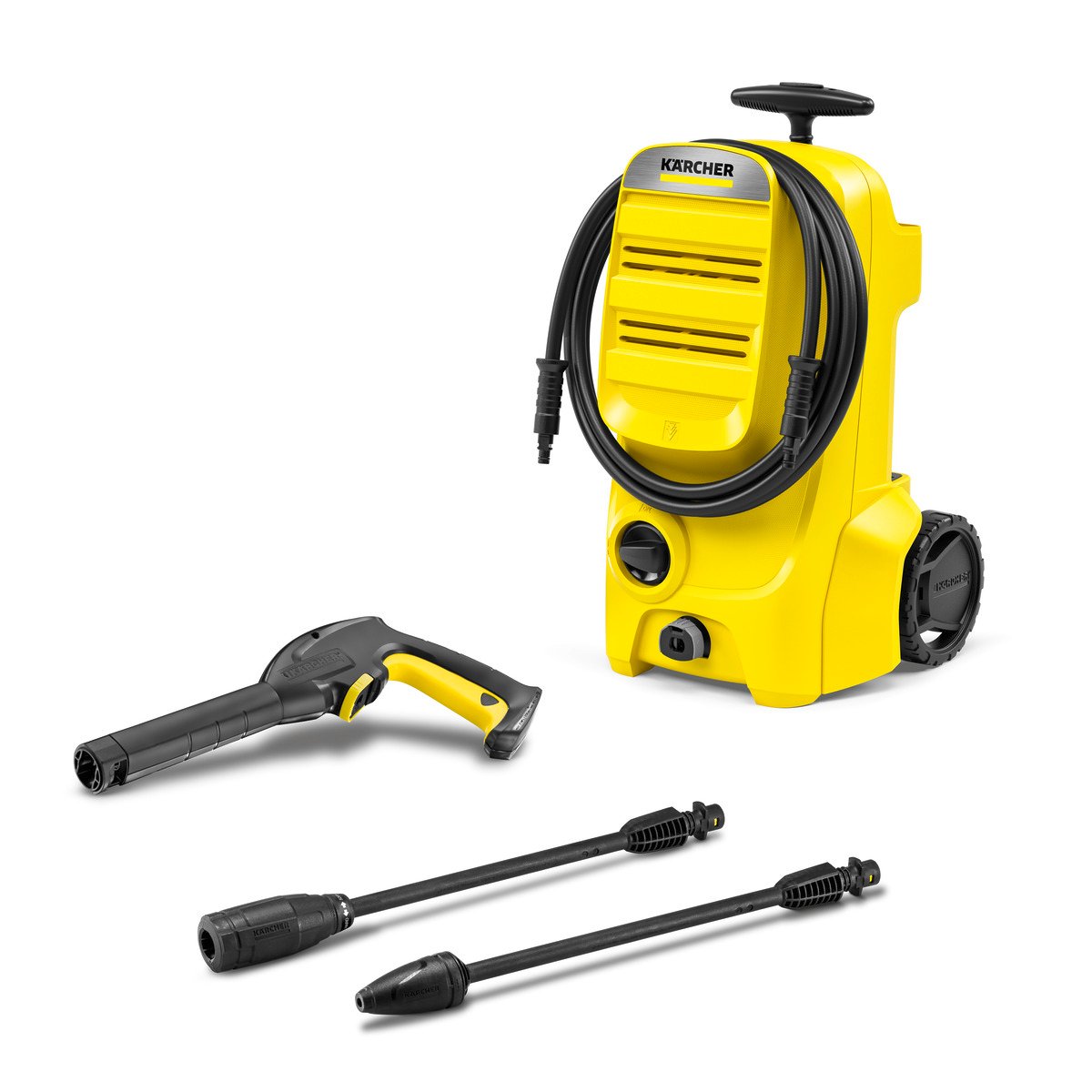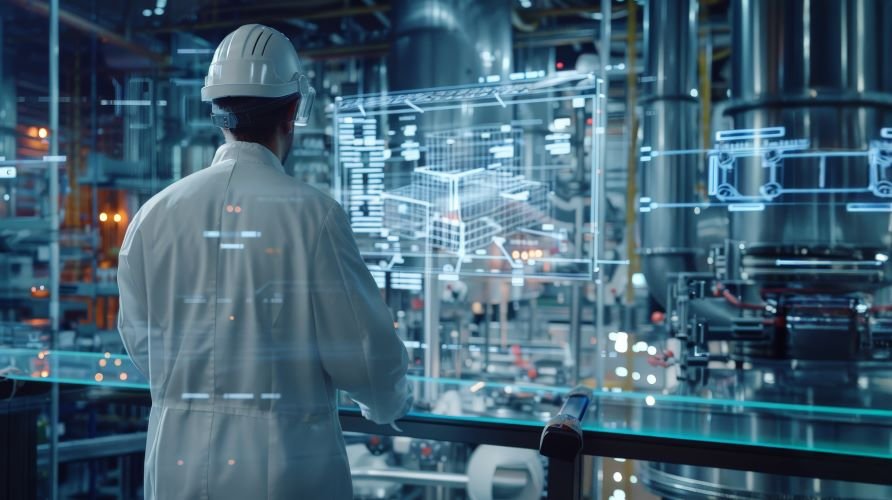In the medical industry, precision isn’t just a preference—it’s a necessity. Whether it’s surgical tools, orthopedic implants, or diagnostic devices, every component must meet the highest standards of accuracy and safety. This is where medical CNC machining services come into play. By offering exceptional repeatability, tight tolerances, and material compatibility, CNC machining has become a go-to solution for medical manufacturers who cannot afford even the slightest error.
Precision Engineering for Critical Medical Applications
Medical parts often involve complex shapes, tight tolerances, and sensitive materials. CNC machining, which uses computer-controlled tools to cut and shape materials to exact specifications, is uniquely equipped to meet these demands. It delivers high levels of repeatability and consistency—key in producing devices that may come into contact with the human body or play a role in life-saving procedures.
One of the primary reasons CNC machining is so trusted in the medical sector is its ability to work with biocompatible materials. These include titanium, stainless steel, cobalt-chrome alloys, and engineering plastics like PEEK. These materials are commonly used in orthopedic implants, spinal devices, dental tools, and surgical instruments due to their strength, corrosion resistance, and safety inside the body. CNC machines handle these materials efficiently without compromising precision.
Another key advantage is surface finish. Medical devices require ultra-smooth surfaces to prevent bacterial growth, ensure proper integration with human tissue, or allow for sterilization. CNC machining delivers these finishes directly or through secondary operations like polishing and passivation.
Furthermore, CNC machines—especially multi-axis systems—can produce intricate features that manual processes cannot replicate. Whether it’s micro-drilled holes for a stent delivery system or finely detailed grooves on a surgical blade, these advanced tools meet the complexity that modern medical designs require.
Customization and Prototyping in the Medical Field
The medical industry is shifting rapidly toward personalization. Custom implants and devices designed for individual patients are becoming more common, and CNC machining is helping drive that transformation. Since CNC technology uses digital files, it can quickly shift from one design to another without major retooling, making it ideal for low-volume, high-precision applications.
Rapid prototyping is another major strength of CNC machining. Engineers can go from CAD design to functional prototype in days. This allows medical product developers to test concepts, adjust dimensions, and finalize parts in a much shorter time frame compared to traditional manufacturing methods. Once a prototype is validated, the same digital model can be used for full-scale production, ensuring consistency from the first part to the last.
CNC machining also provides flexibility in the development of new surgical tools, robotic-assisted devices, and wearable health technologies. As innovation accelerates in healthcare, the demand for agile, responsive manufacturing grows—making CNC machining an essential part of the product lifecycle.
Why Medical Manufacturers Need a Trusted CNC Partner
Partnering with a CNC machining provider that understands medical requirements is essential. It’s not just about precision—it’s about compliance, reliability, and risk reduction. Medical device manufacturers must follow strict regulatory standards such as ISO 13485 and FDA guidelines. A trusted CNC machining partner will already have these certifications in place and adhere to Good Manufacturing Practices (GMP).
Quality control is at the heart of any successful medical machining project. The best CNC shops use advanced inspection equipment such as coordinate measuring machines (CMMs), digital microscopes, and laser scanners to verify every detail. These tools ensure that the final product meets all dimensional specifications, even when measured in microns.
Another benefit of a reliable CNC partner is full-process support. Many high-level providers offer additional services such as heat treating, anodizing, coating, laser marking, and cleaning. This eliminates the need for multiple vendors and ensures that every part arrives sterile-ready or fully finished according to customer needs.
Scalability is also a key factor. Whether you need ten prototypes or thousands of units, the same CNC processes can be adjusted to accommodate production volume changes. This allows manufacturers to respond to market demand, clinical trial schedules, or new product rollouts without delay.
Long-Term Value and Supply Chain Confidence
Consistency is everything in the medical industry. Once a design is finalized, you need to know that every part produced—whether tomorrow or two years from now—will match the original. That’s why building a long-term relationship with a skilled CNC machining partner adds value.
A great partner stores digital design files, tooling preferences, and inspection data to ensure consistent output across all batches. They also understand how to manage materials, reduce waste, and maintain lead times even in tight supply chain conditions.
Working with such a partner gives medical device companies the confidence they need to meet regulatory audits, fulfill hospital contracts, and—most importantly—support patients with dependable, high-quality products.
Conclusion: CNC Machining Enables Safe, Accurate, and Scalable Medical Manufacturing
The demand for precise, reliable, and custom medical components continues to grow. Medical CNC machining services provide the tools and technology needed to meet that demand—supporting innovation, safety, and scale across the healthcare industry. With its ability to produce intricate parts, adapt to custom designs, and maintain the highest levels of quality, CNC machining is more than just a manufacturing method—it’s a strategic advantage.
For companies developing medical devices, instruments, or implants, partnering with a proven CNC machining expert ensures every product performs as intended—every time. In an industry where failure is not an option, CNC machining delivers peace of mind and exceptional results.











Leave a Reply